– 150 years of history at The Royal Children’s Hospital –
A concise and chronological record of the rich and diverse 150-year history of The Royal Children’s Hospital (RCH).
Please feel free to scroll through all 150 years or easily filter information via categories or tags.
The historical images have been sourced from the RCH Archives and Collections, unless stated otherwise.
Images have been chosen to illustrate the subject matter and may not necessarily reflect the date of the event.
The RCH has produced such an immense amount of groundbreaking achievements and we cannot assume to have captured them all here.
Do you think an achievement, person, or event is missing? Please send your suggestion to: archives@rch.org.au. We hope you enjoy exploring!
Showing Events Tagged with: research
1887
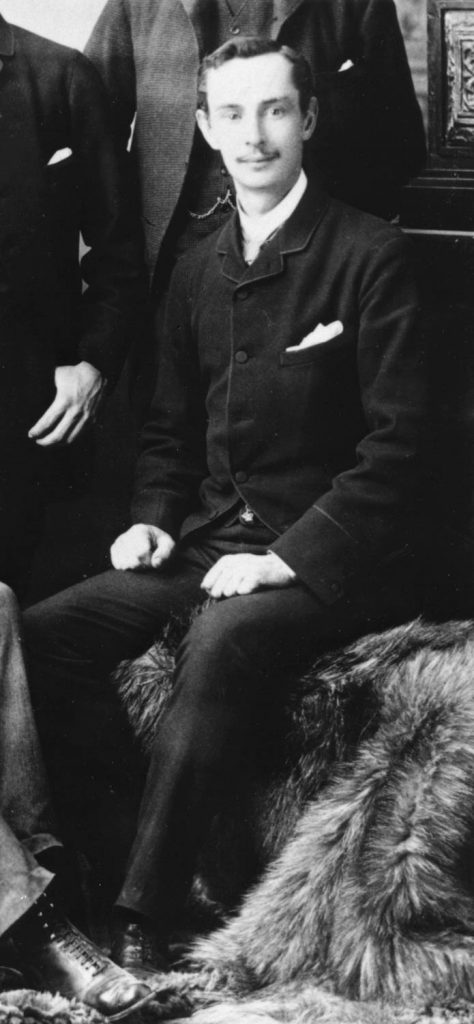
Dr Arthur Jeffreys Wood
Appointed as resident doctor, then made an honorary staff member in 1893, Wood stayed in the role until 1921. He maintained a consultancy position at the hospital until his death in 1937. His research on the ill-effect of bad milk resulted in the prevention of many infant deaths.
1896
Behring’s Diphtheria Antitoxin Successfully Used
Diphtheria is an infectious disease that is now largely prevented by immunisation.
1897
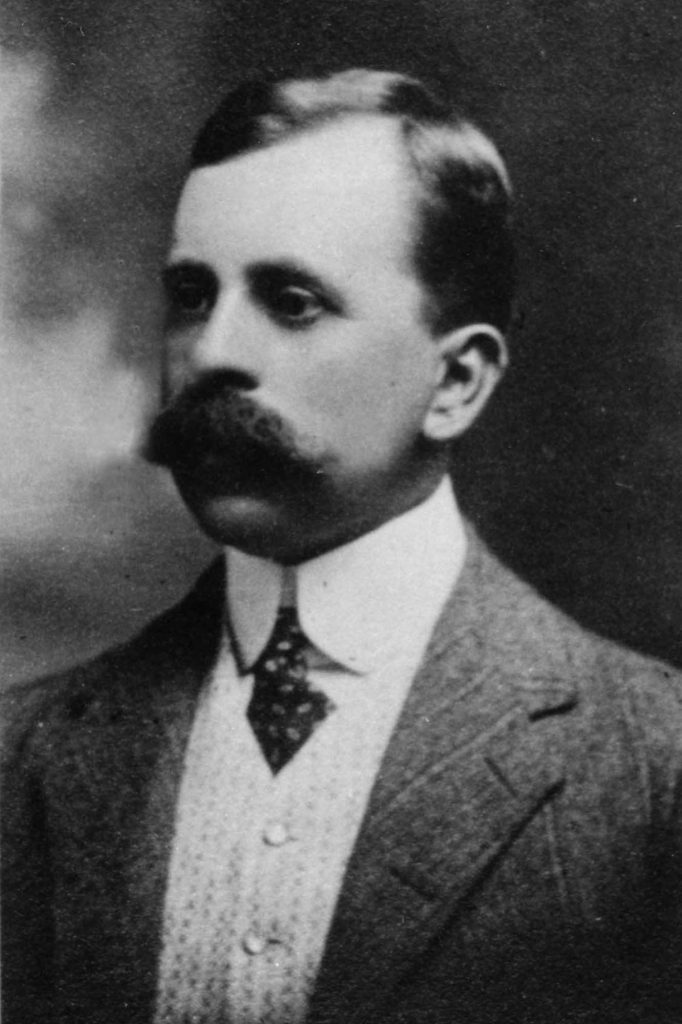
Radiology Department Established
Led by Dr Herbert Hewlett, the hospital kept abreast of diagnostic developments available with this new discipline and was the first Melbourne public hospital with a radiology department.
1913
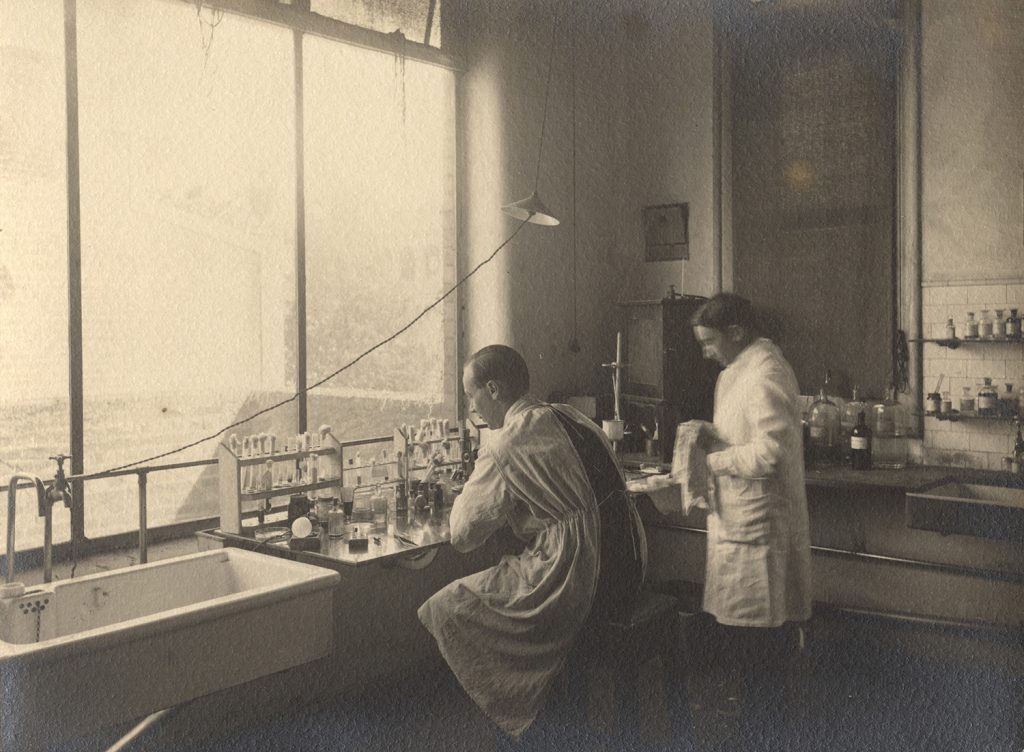
Pathological Laboratory Block Opened
The laboratory was a key element of the hospital’s diagnostic and research toolkit.
1921
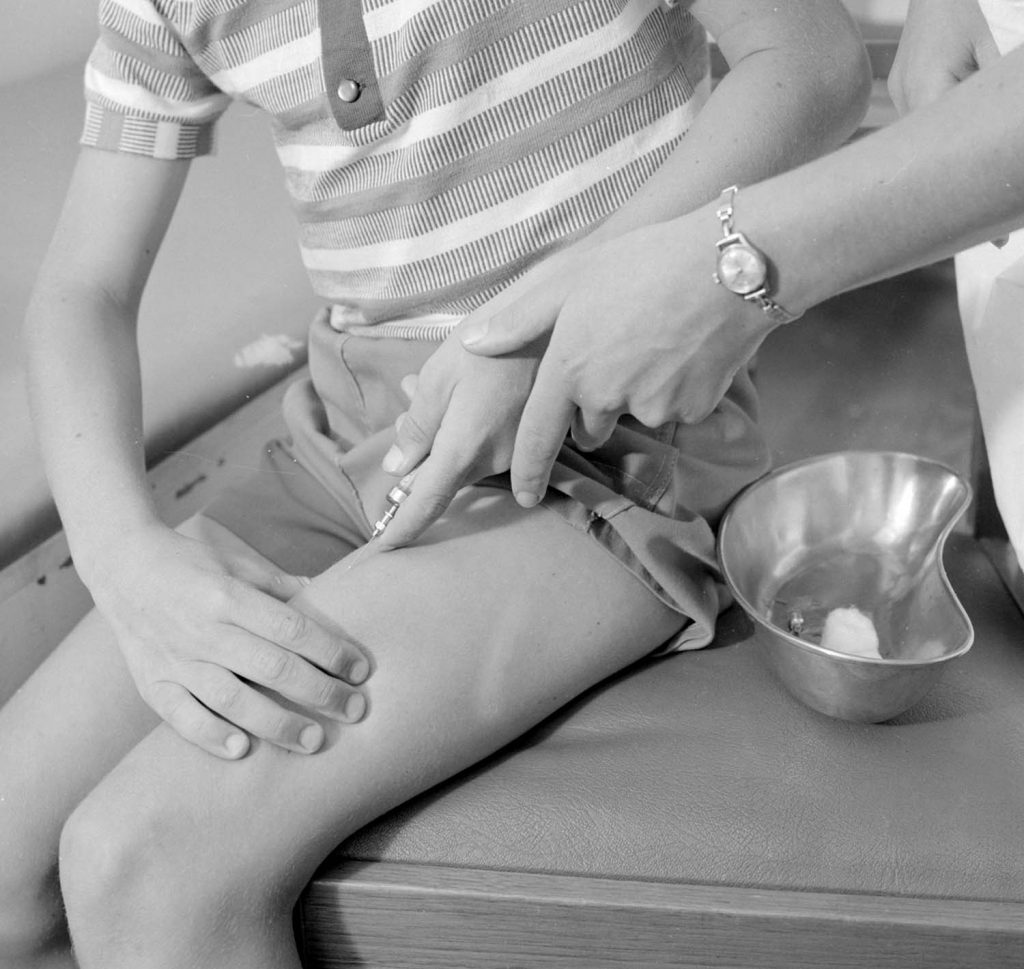
Discovery of Insulin
Discovered in Canada, insulin has saved lives worldwide.
1923
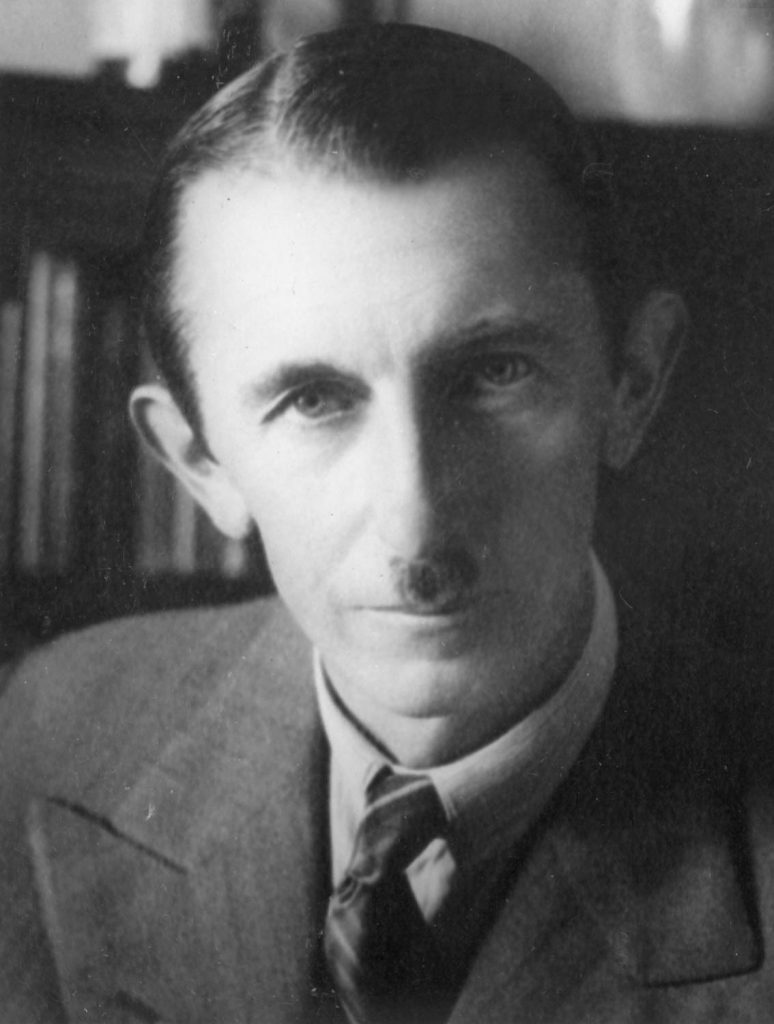
Dr Howard Boyd Graham
Appointed to the first medical superintendent role, Dr Graham was interested in the relation between poverty and child health.
1925
Polio Serum Trials
First use of human immune serum delivered in the pre-paralytic stage of polio. Research into the serum saw its use discontinued.
1939
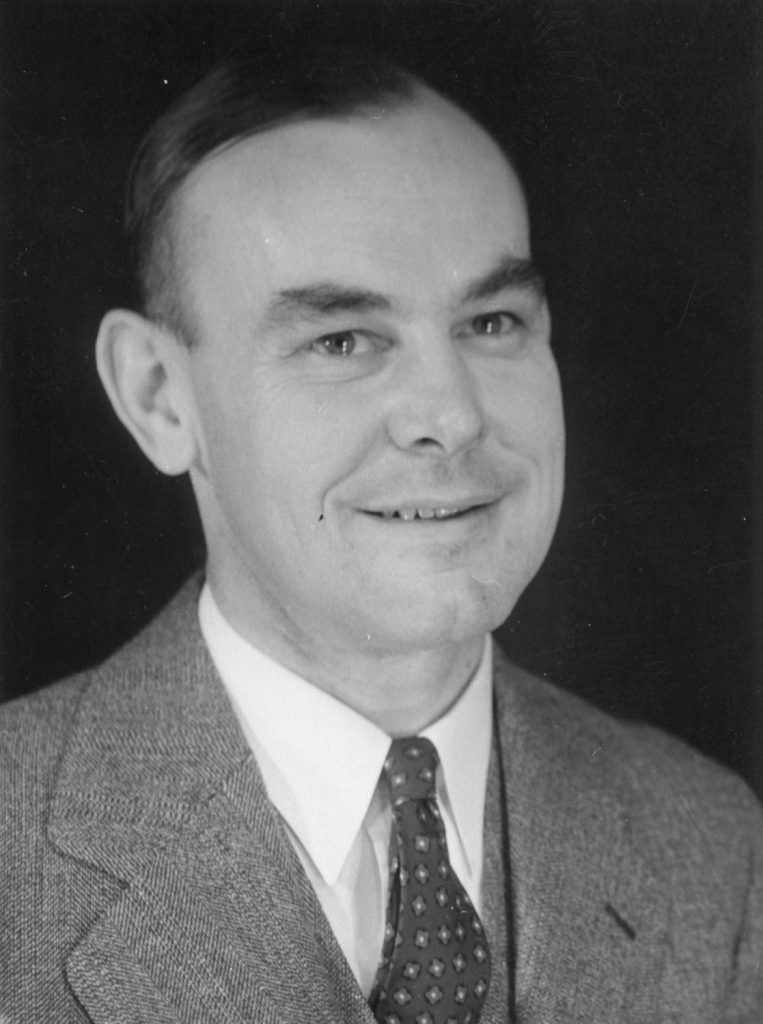
Dr Howard Williams
Appointed medical superintendent, Williams was involved with the hospital until 1975. His clinical paediatric experience and enthusiasm for clinical research had a strong influence on the diversity of services offered by the hospital. In 1948 he was appointed as the hospital’s first full-time director of clinical research.
1946
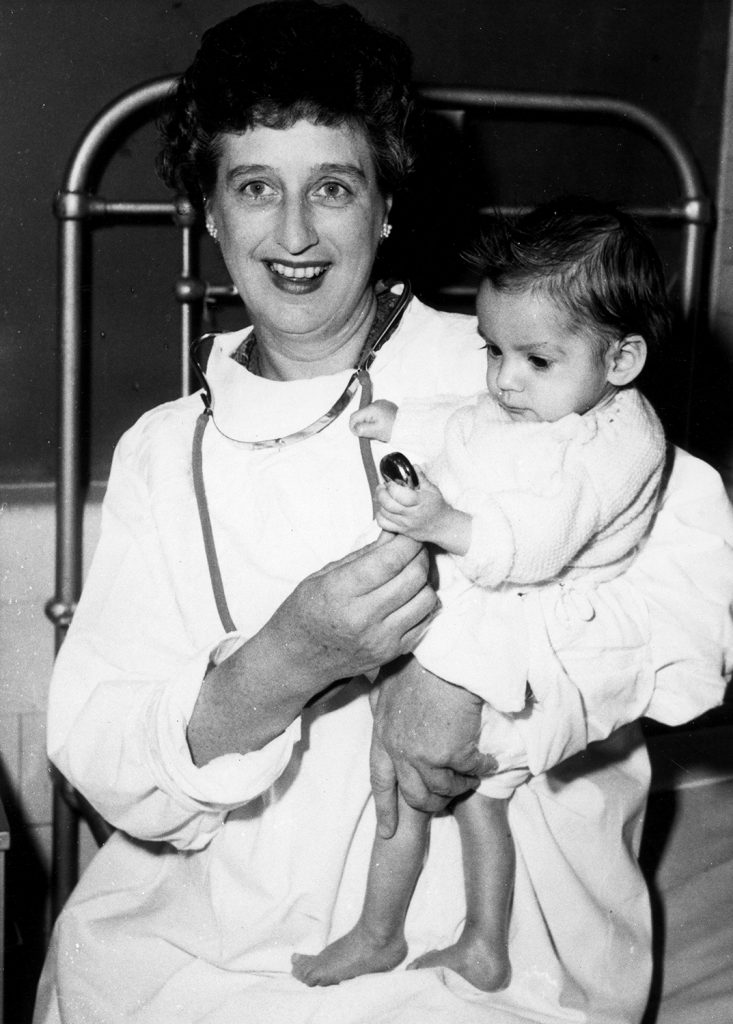
Dr Charlotte Anderson AM
Starting in 1946, Anderson worked at the hospital until 1968. She was a pioneer in clinical research, particularly in the field of gastroenterology, where she made significant contributions to treatments of cystic fybrosis and coeliac disease. She formed the hospital’s Gastroenterology Research Unit in 1961.
1948
Establishment of the Clinical Research Unit
First Trials of Leukaemia Treatment
Led by Dr John Colebatch AO, the hospital implemented the world’s first controlled trial of chemotherapy treatments for leukaemia - previously considered untreatable.
1949
Library Re-named in Honour of Dr J W Grieve
After Grieve’s passing in 1948, Dr Howard Williams petitioned for the library to be named in his honour.
1953
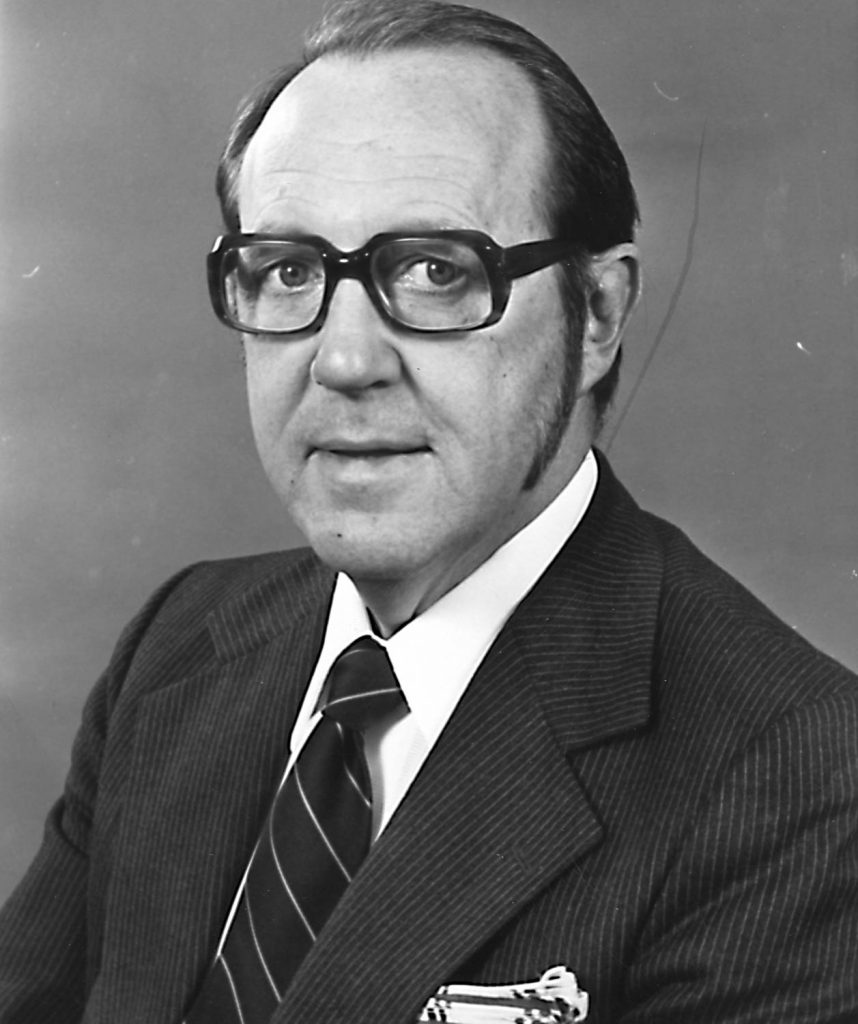
Mr Peter Jones
Jones began a long surgical career at the hospital. He was a prolific researcher, publisher and regarded as a wonderful teacher. In 1970 he became chairman of the senior medical staff. He also designed the coat of arms for the hospital.
1957
Development of a Postgraduate Course in Paediatric Nursing
The Committee of Management Introduced Provisions and Scholarships to Encourage Research
1960
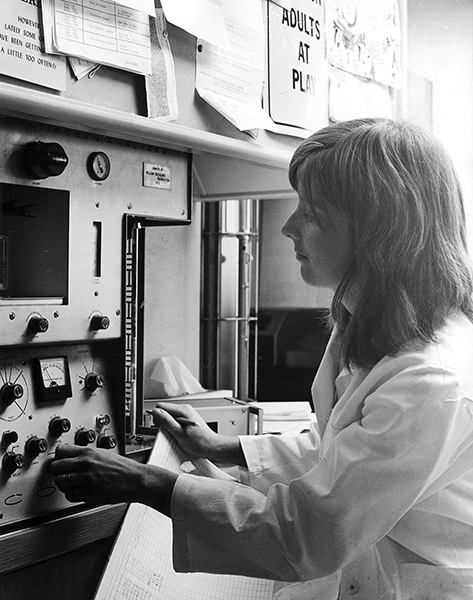
The Royal Children’s Hospital Research Foundation Established
The foundation’s objectives were to support and promote research in all areas of child health.
1962
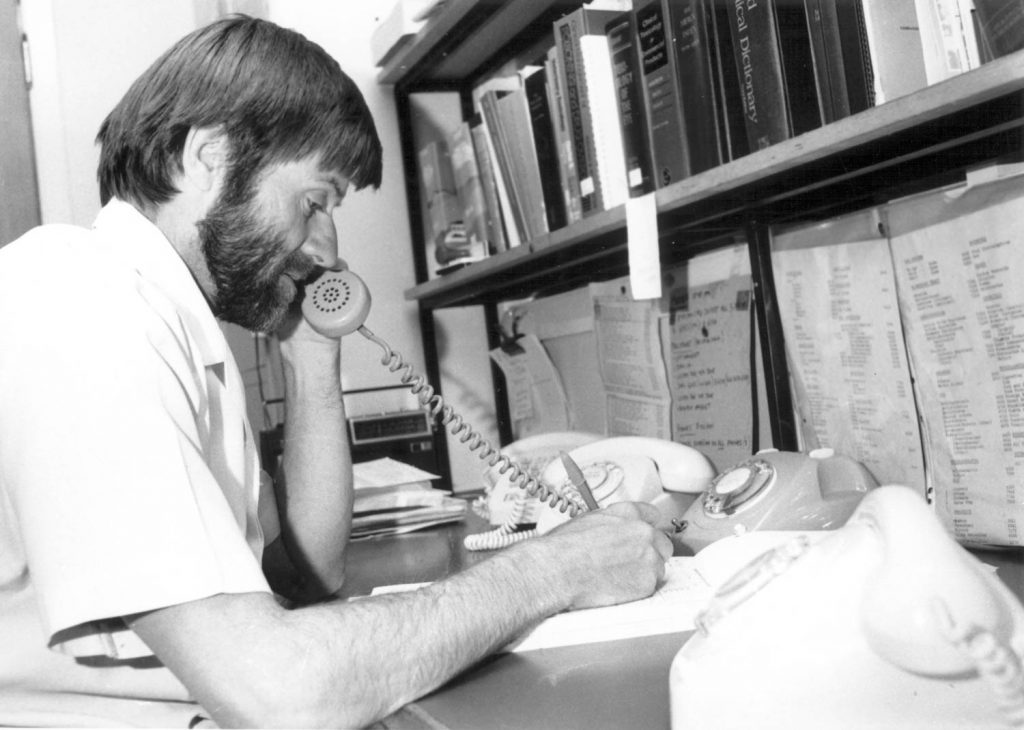
Poisons Information Centre Opened
Dr John Perry was a key instigator of the establishment of a poisons register and resource for parents and health professionals.
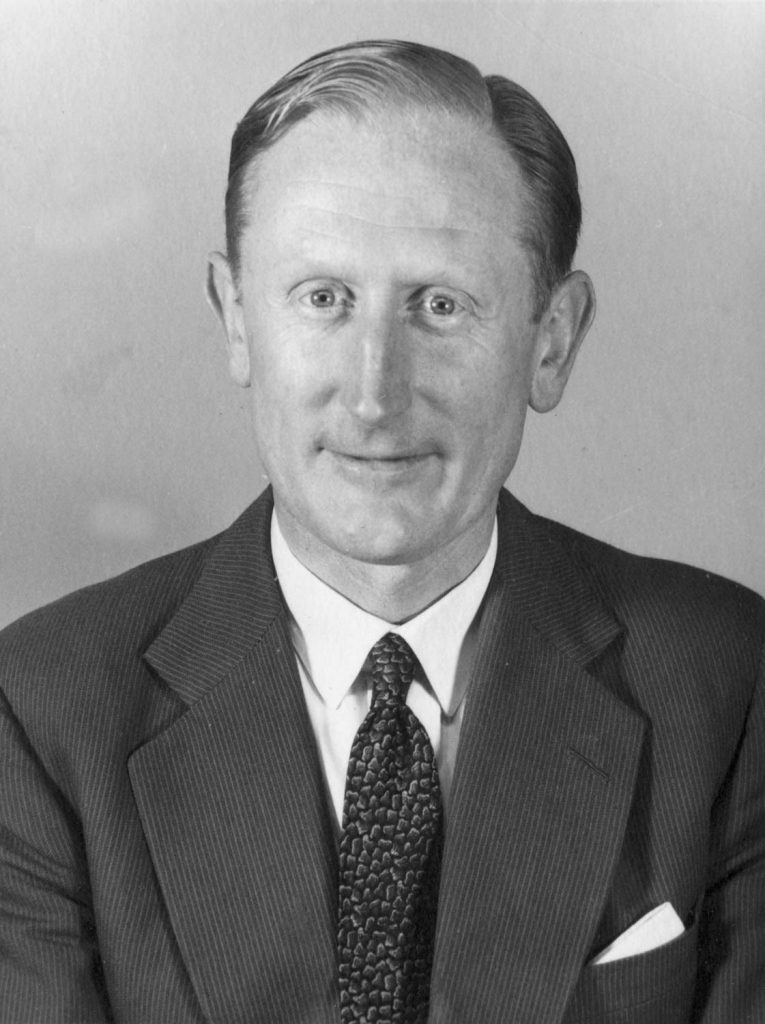
Endocrine Clinic Formally Established
Of particular relevance to the care of children, Dr Norman Wettenhall AM’s interest in endocrinology was formalised as a specialty area of research.
1965
Mr E Durham Smith AO
After many years managing the paediatric clinic at the Alfred Hospital, Smith became surgical consultant at the RCH, where he greatly contributed to paediatric urology research and surgical developments.
1966
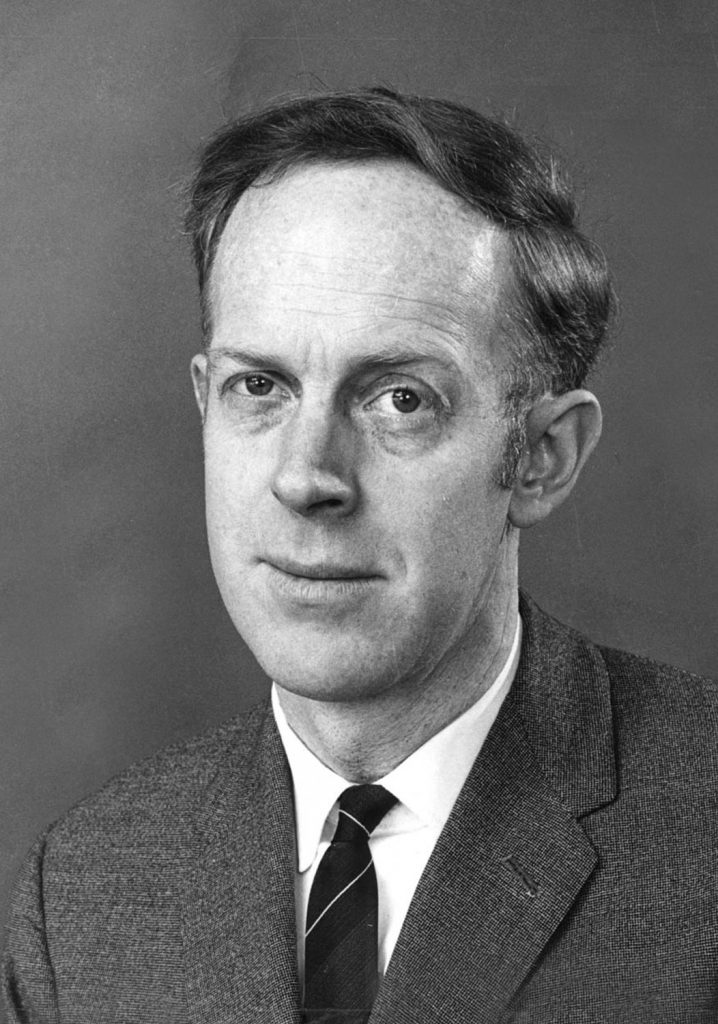
Professor David Danks AO
Danks was a physician at the hospital who specialised in treating patients with liver disease, before moving into genetics research. In 1986 he became a co-founder of the Murdoch Institute for Research into Birth Defects.
1970
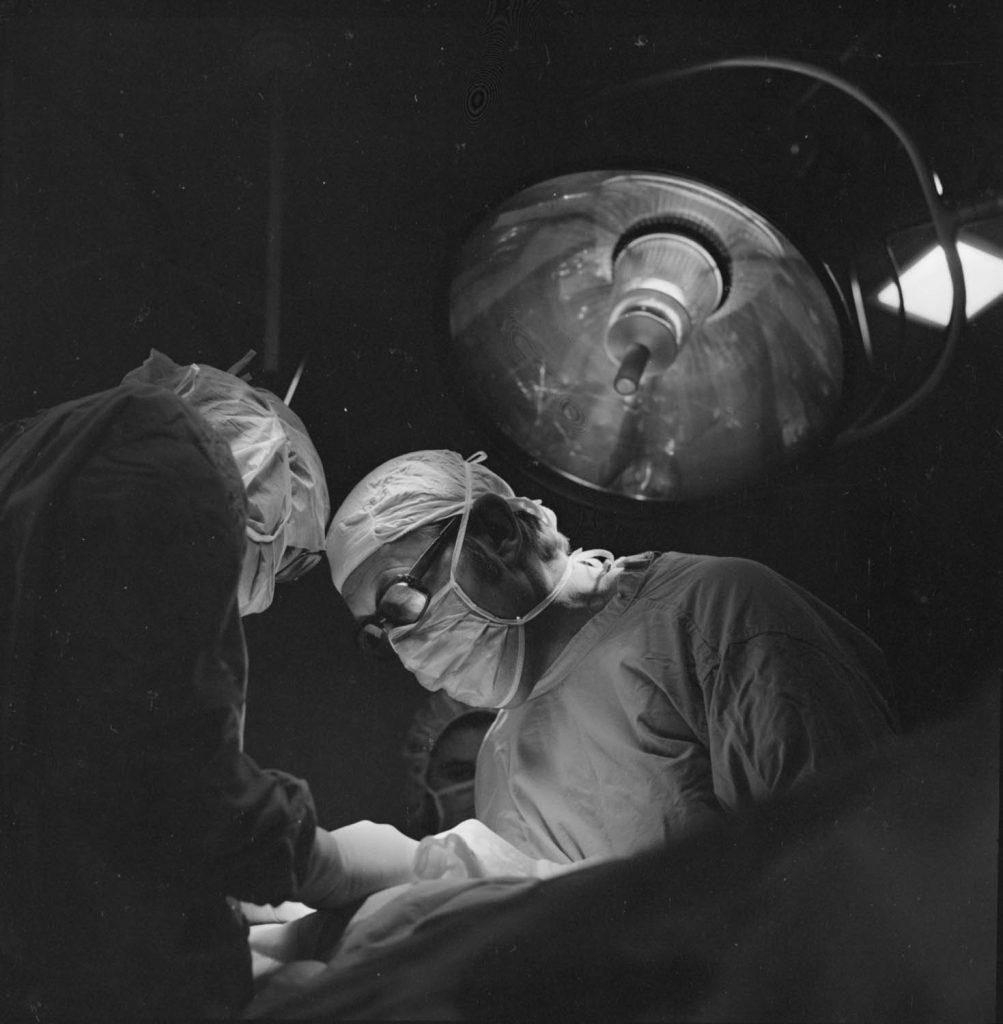
Publication of Jones’ Clinical Paediatric Surgery
Edited by Mr Peter Jones, most of the hospital’s surgeons contributed to this textbook and demonstrated the broad range of expertise at the hospital.
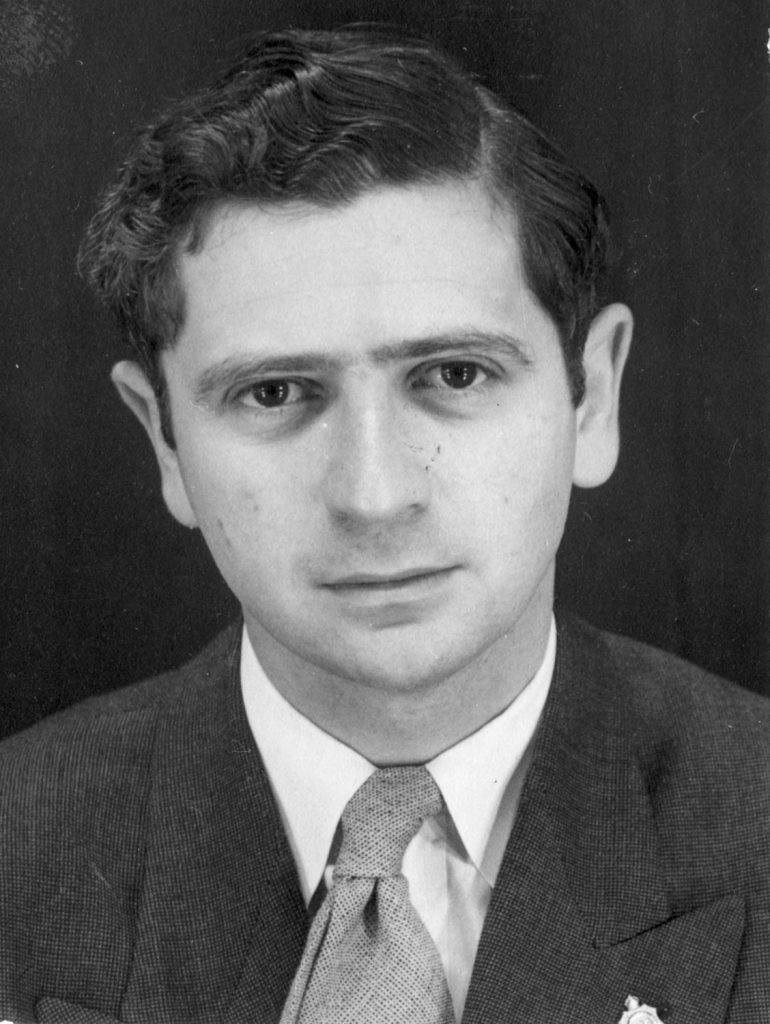
International Paediatric Surgery Congress
Leading paediatric surgeons presented papers at the hospital, organised by surgeon Mr Nate Myers AM.
1973
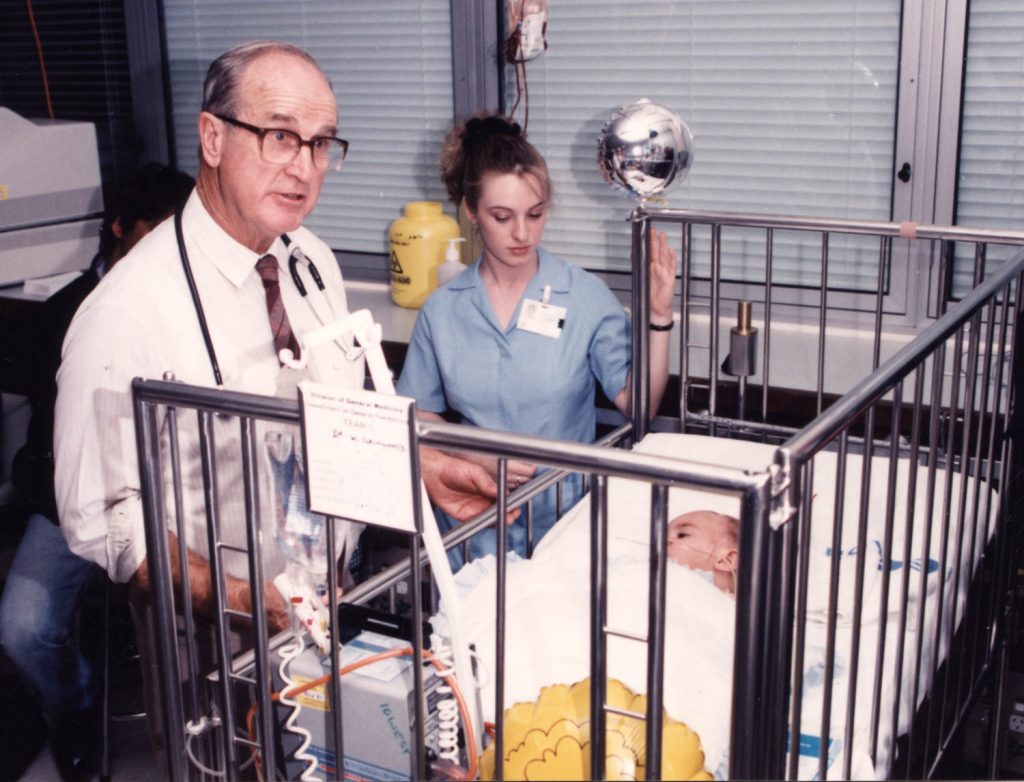
Nephrology Clinic Formally Established
Under direction of Dr David McCredie AM, facilities for dialysis treatment of children were established.
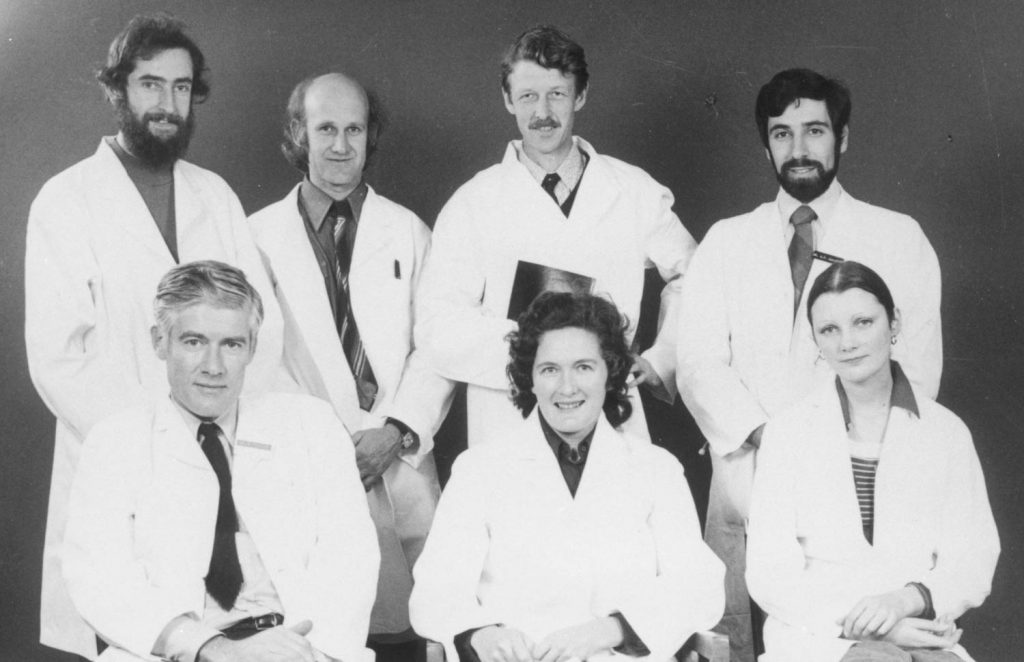
Rotavirus Discovered
Professor Ruth Bishop AC, Dr Rudge Townley, Professor Geoff Davidson, and Associate Professor Ian Holmes, discovered rotavirus, a common cause of gastroenteritis.
1978
Dr Max Robinson AM
Appointed professor at the University of Melbourne, Robinson introduced formal clinical exams.
1983
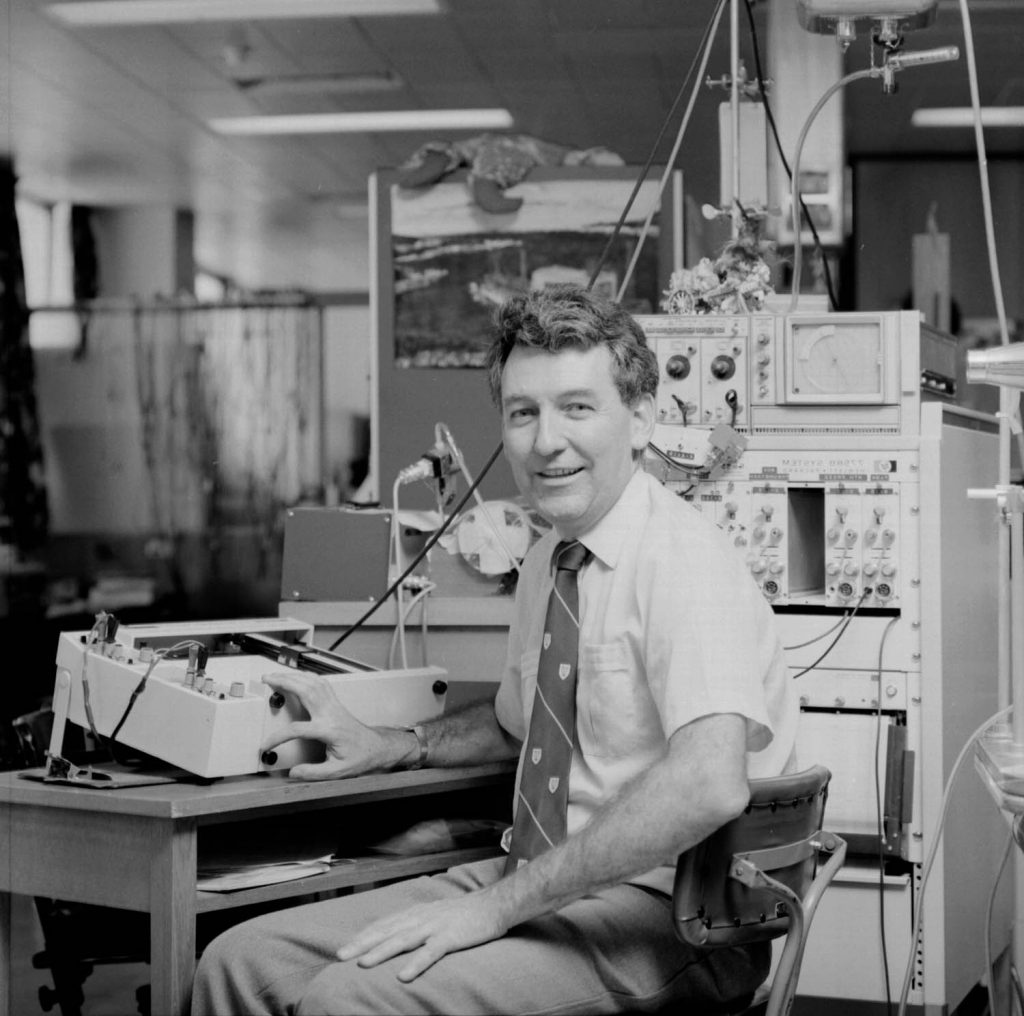
Professor Peter Phelan AM
Phelan was installed as professor of paediatrics at the University of Melbourne. Revision of the paediatric curriculum allowed increased specialisation in paediatrics.
1986
Foundation of the Murdoch Institute for Research into Birth Defects
The Murdoch Institute was a leading centre for genetics research, worldwide.
1994
Professor Margot Prior AO
After a distinguished career as an orchestral musician, Prior returned to studying and became a Professor of Clinical Psychology. At the RCH, she was the first woman in Australia to be appointed as director of psychology.
1999
Publication of ‘RCH: a History of Faith, Science and Love’
Researched and written by historian Dr Peter Yule, the book is a comprehensive review of the history of the hospital.
2000
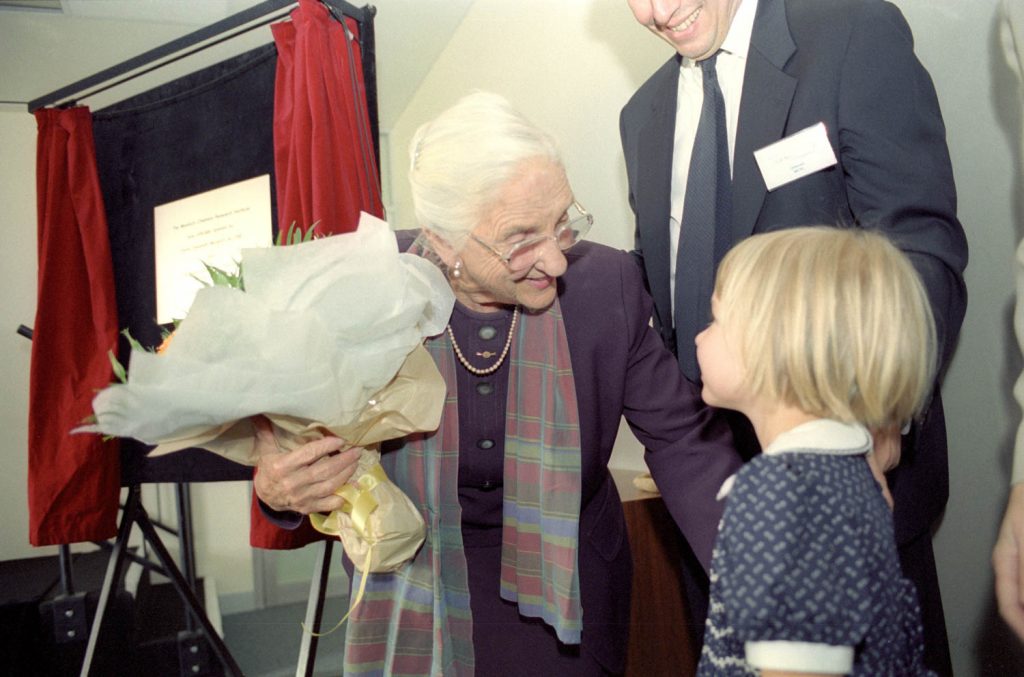
Murdoch Children’s Research Institute
The Murdoch Institute and the hospital partnered to form the MCRI, a key relationship and research arm for the hospital.
Image credit: Robert Reitmaier
2015
RCH National Child Health Poll Commences
A quarterly, national survey is conducted to shed light on everyday life in Australian households.



















